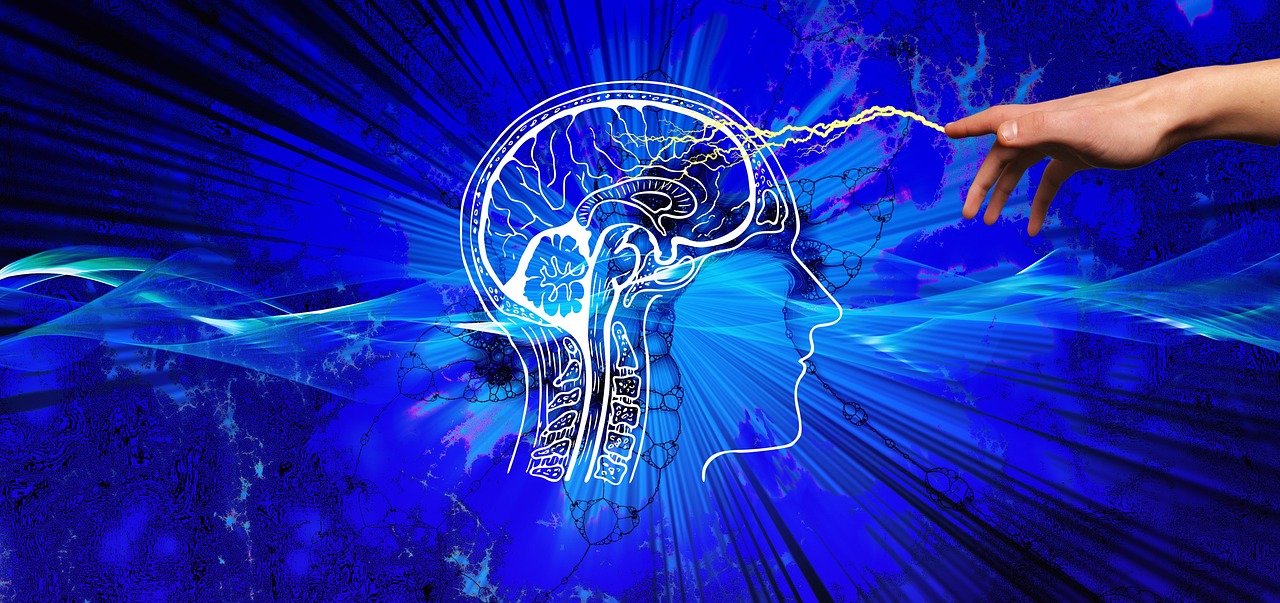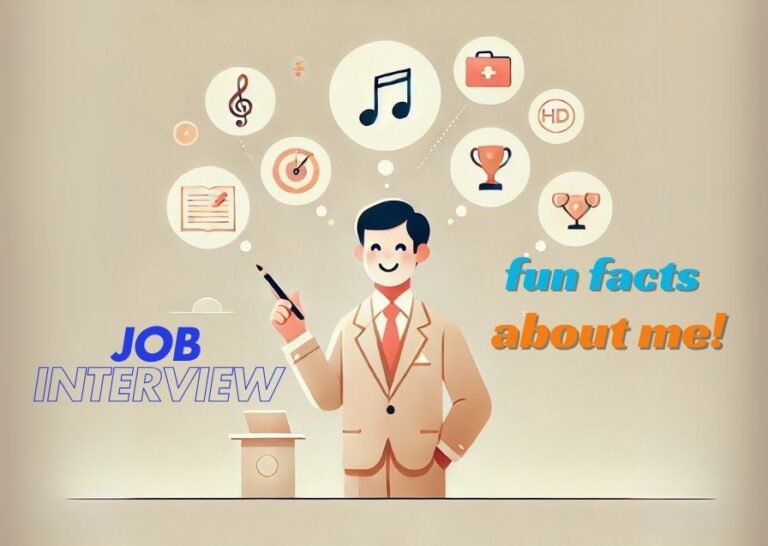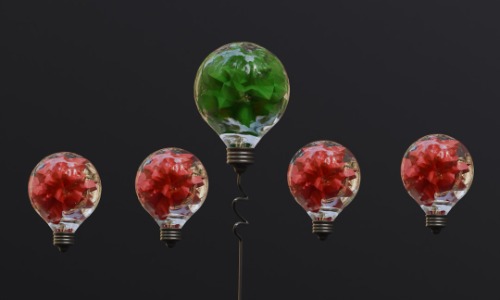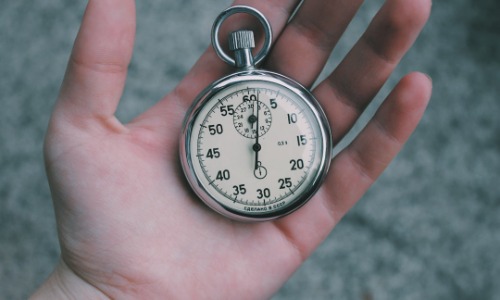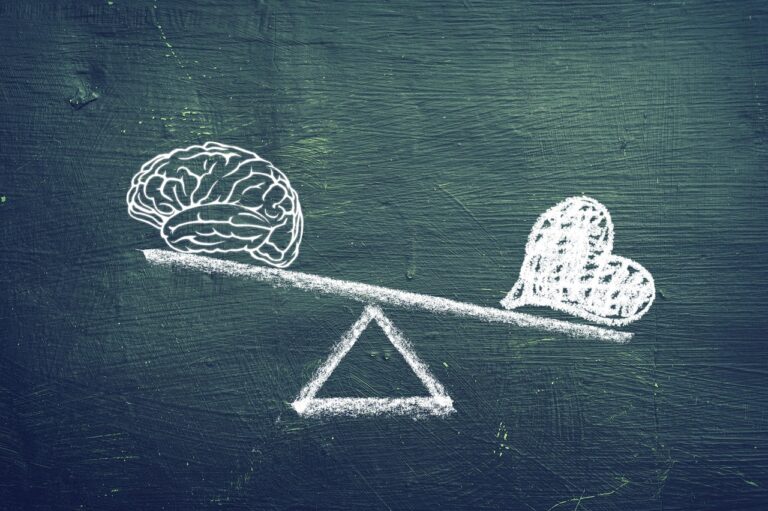50 Fascinating Psychology Facts That Will Blow Your Mind
50 Fascinating Psychology Facts
1. Brain Freeze is Emotional
Emotional pain activates the anterior cingulate cortex, the same area that processes physical pain. For example, a study by the University of Michigan found that rejection from a loved one can feel as real as a punch to the stomach. That’s why heartbreaks often lead to ice cream binges—ironically, adding literal brain freeze to the emotional kind!
2. Your Brain Lies
False memories are more common than you think. Research from Elizabeth Loftus revealed that 30% of people can be made to believe they committed a crime simply through suggestion. So, next time you argue about “who left the milk out,” remember: your brain might just be framing you!
3. Your Mind Wanders 47% of the Time
A Harvard study showed that people spend almost half their waking hours daydreaming. And guess what? Mind-wandering isn’t always bad—it’s linked to creativity. Einstein’s theory of relativity? A product of idle thoughts. So, if someone calls you a daydreamer, just say you’re brainstorming your Nobel Prize idea.
4. Power Poses Work
Adopting “power poses” like standing tall with hands on hips can increase testosterone by 20% and reduce cortisol by 25%, according to a study by Amy Cuddy. This simple trick can make you feel like Superman before an important presentation. Who knew striking a pose could also strike confidence?
5. Names Influence Success
The “name-letter effect” suggests people subconsciously prefer things that resemble their names. A 2007 study found more dentists named Dennis and lawyers named Laura than random chance would allow. If your name’s Destiny, your future might literally be written in the stars—or at least in your career choice!
6. You Can’t Multi-Task
When you think you’re multitasking, your brain is actually rapidly switching between tasks. This can reduce productivity by up to 40%, according to the American Psychological Association. So, texting while working isn’t saving time—it’s costing you efficiency. Stick to one thing at a time, like a disciplined Zen master.
7. Stress Shrinks Your Brain
Chronic stress can shrink the hippocampus, which governs memory. A Yale study found that long-term stress reduces gray matter, leading to forgetfulness. That’s why during finals week, you forget where you left your notes—or worse, your laptop!
8. Music Changes Perception
Listening to happy music makes the world seem brighter. A 2011 study revealed that people listening to upbeat tunes were more likely to see happy faces in neutral expressions. Basically, Pharrell Williams’ “Happy” isn’t just a song—it’s a psychological filter for joy.
9. Your Phone Hurts Your Brain
Excessive screen time is linked to attention span problems. A 2014 study found that people who check their phones frequently have a 10% reduced capacity for retaining new information. Your phone may be “smart,” but it’s making you dumber.
10. 80% of Conversations Are Gossip
Robin Dunbar, a renowned anthropologist, claims that 80% of our conversations involve gossip. But don’t feel guilty—it’s evolutionarily wired to strengthen social bonds. In fact, gossipers are often perceived as more trustworthy because they share “valuable” social intel.
11. Lying is Common
A University of Massachusetts study found that 60% of people lie at least once during a 10-minute conversation. Most lies are harmless (“Your cooking is great!”), but pathological liars take it to the next level. Lie detectors might not catch them, but their exasperated friends surely will.
12. Your Brain Can Trick You into Feeling Cold
Seeing someone shiver triggers mirror neurons, the brain’s empathy cells. These neurons don’t just make you feel emotions; they simulate physical sensations too. If watching “Frozen” makes you grab a blanket, blame your brain—not Elsa.
13. Your Brain Filters Reality
Every second, your brain processes about 11 million bits of sensory data, but you consciously perceive only about 50 bits. This filtration keeps you sane—otherwise, the buzzing fly and ticking clock would drive you mad. Thank your brain for its selective attention system!
14. We’re Wired for Negativity
The negativity bias means your brain reacts more strongly to bad news than good. A 2014 study showed that negative stimuli had 3x the impact of positive stimuli. It’s why one insult can ruin your day, even after 10 compliments. Your brain is basically a grumpy critic.
15. Colors Affect Mood
Red can increase heart rates and aggression, while blue induces calmness. A famous experiment by Glasgow Police found that painting jail cells blue reduced violent incidents by 37%. Who knew color psychology could literally save lives?
16. You’re More Productive in Nature
A Stanford study found that walking in nature improves focus by 20% compared to walking in urban settings. So, next time you’re stuck on a problem, ditch the office for a park. Who knew Mother Nature was also a productivity coach?
17. Yawning is Contagious Even Online
A study in Frontiers in Neurology found that yawning is 50% contagious—even over video calls. Why? It’s linked to social bonding and empathy. So, if your Zoom meeting turns into a yawn-fest, at least you know your team is connected!
18. Your Handwriting Shows Emotion
Handwriting changes based on mood due to fine motor control linked to the brain’s emotional centers. Graphologists claim angry people press harder, while joyful writers use more curves. So, check your scribbles—they might reveal your secrets!
19. Your Brain is Faster Than You Think
Your neurons transmit information at speeds up to 120 meters per second. That’s faster than most sports cars! But when you forget your keys, it feels like your brain’s on a Sunday stroll.
20. Caffeine Makes You Trust People
Drinking caffeine increases dopamine, making you more agreeable and trusting. A 2015 study found coffee drinkers were 30% more likely to say “yes” to a request. Need a favor? Offer someone a latte first!
21. Your Brain Doesn’t Finish Developing Until 25
The prefrontal cortex, responsible for decision-making and impulse control, doesn’t fully mature until around age 25. According to a 2011 study, this explains why young adults are more prone to risky behaviors like skydiving or eating gas station sushi. Brain maturity may come late, but at least we’re learning!
22. Dopamine Sparks Motivation
Dopamine is your brain’s reward chemical, but it’s also crucial for motivation. Research shows that higher dopamine levels increase effort for rewards by up to 40%. Low dopamine? You’ll skip your to-do list and binge Netflix instead.
23. You Dream About Faces You’ve Seen
Even strangers in your dreams are familiar faces. A study in Cognitive Neuropsychology revealed that our brains store countless faces in long-term memory. So, that villain in your nightmare might just be the barista from two years ago.
24. Social Media Mimics Drug Addiction
Notifications on platforms like Instagram trigger dopamine releases, similar to cocaine. A 2019 study showed that 71% of people check their phones within 10 minutes of waking up. Social media isn’t just a habit—it’s a brain hack.
25. Laughter Improves Memory
Laughing increases endorphins, oxygen flow, and hippocampal activity, which all enhance memory. A study by Loma Linda University found that people remember 30% more after watching a comedy than a lecture. So, maybe binge-watching sitcoms isn’t such a waste of time.
26. Money Can Buy Happiness (Sort Of)
Spending money on experiences or helping others creates longer-lasting happiness than buying material goods. A 2010 study found that donating $20 made participants 15% happier than spending it on themselves. So, splurge on a trip—or better yet, a friend’s coffee!
27. You Can Feel Someone Watching You
Your brain’s amygdala is hypersensitive to gaze direction, helping humans detect potential threats. A 2013 study found people correctly sensed being watched 74% of the time, even without seeing the observer. Creepy? Yes. Useful? Definitely.
28. Smiling Boosts Your Mood
The facial feedback hypothesis states that smiling, even if forced, can make you feel happier. A 2012 study using chopsticks to force smiles found participants reported a 25% boost in mood. Go ahead, fake it ‘til you make it!
29. Your Brain Reacts to Rejection Like Pain
Social rejection activates the same pain pathways as physical injury, specifically in the dorsal anterior cingulate cortex. A 2011 experiment showed that Tylenol reduced emotional pain by 20%. Who knew heartbreak had a cure in your medicine cabinet?
30. Too Much Choice is Paralyzing
The “paradox of choice” means more options make decisions harder. In a famous jam experiment, shoppers were 60% less likely to buy anything when presented with 24 jams versus 6. Sometimes, less really is more.
31. Your Subconscious is Always Awake
Even when you sleep, your subconscious mind processes emotions, memories, and ideas. A 2020 study found that the brain consolidates up to 60% of daytime learning during sleep. That’s why pulling an all-nighter never beats a good nap.
32. Humming Reduces Stress
Humming stimulates the vagus nerve, which lowers your heart rate and cortisol levels. A 2018 study showed that humming for five minutes reduced stress in 85% of participants. So next time you’re anxious, hum your way to calmness.
33. Your Brain Prioritizes Faces
Humans are “face experts,” with a specialized brain region called the fusiform face area. A 2004 study found that recognizing faces is 200% faster than recognizing other objects. That’s why you forget names but never faces!
34. Reading Fiction Increases Empathy
A 2013 study in Science found that reading literary fiction boosts emotional intelligence by 18%. It’s like an empathy workout for your brain. So, grab a novel and flex those compassion muscles.
35. Crying Flushes Stress Hormones
Tears contain stress hormones like cortisol, which are physically expelled when you cry. A 2011 study found that 88% of people felt relief after a good cry. It’s your body’s built-in therapy session.
36. We Judge in 7 Seconds
First impressions are formed within 7 to 15 seconds, according to Princeton psychologists. Your brain processes facial expressions, tone, and body language in milliseconds. No pressure at your next job interview!
37. The Illusion of Superiority
Most people think they’re better than average, a cognitive bias known as the Dunning-Kruger effect. A 1999 study found that 88% of drivers believed they had above-average skills. Statistically impossible, but confidence never hurt anyone—except on the road.
38. We Remember Bad Days Better
Negative memories are easier to recall due to the brain’s heightened focus on survival threats. A 2007 study showed negative events are stored more vividly, sometimes lasting decades. Your brain is basically a drama queen.
39. The Color Red Enhances Attraction
Wearing red increases attractiveness by up to 25%, as shown in a 2008 study. The color triggers primal instincts tied to dominance and fertility. So, if you want to impress, ditch the black and rock the red.
40. The Human Brain is Lazy
Cognitive miser theory states that the brain conserves energy by using shortcuts like stereotypes and heuristics. A 2020 study found people use “fast thinking” 80% of the time. Your brain’s not lazy—it’s just energy-efficient!
41. Talking to Yourself is Good
Talking to yourself improves focus and problem-solving. A 2012 study found that people who spoke to themselves while looking for objects were 20% faster than silent searchers. So, if you’re muttering, “Keys, where are you?” you’re not crazy—you’re efficient!
42. Body Language Trumps Words
A famous study by Albert Mehrabian showed that 93% of communication relies on nonverbal cues: 55% body language, 38% tone, and just 7% words. This explains why texting “I’m fine” never conveys the same meaning as a smile—or an eye roll.
43. You’re Happier in the Present
Mindfulness keeps you happier. A 2010 Harvard study revealed that people who focused on the present moment were 23% happier than those thinking about the past or future. So, ditch regrets and worries—your brain loves the here and now.
44. The Zeigarnik Effect
Unfinished tasks stick in your memory like Velcro. This phenomenon, named after psychologist Bluma Zeigarnik, explains why you can’t stop thinking about incomplete projects. A 2011 experiment showed that simply planning how to finish a task reduced intrusive thoughts by 50%.
45. Angry People Overestimate Intelligence
Anger makes people feel smarter, even when they’re not. A 2019 study found that angry participants rated their intelligence 30% higher than neutral ones. Unfortunately, their actual test scores didn’t match their confidence. So, don’t let rage fool you into thinking you’re Einstein.
46. Time Feels Faster as You Age
The “proportional theory of time” explains why summers felt endless as a kid but blink by as an adult. By age 40, a year is just 2.5% of your life, compared to 10% at age 10. Life feels faster, not because time changes, but because your brain compresses it.
47. People Remember How You Made Them Feel
Emotions leave a deeper imprint on memory than facts. A 2004 study found that emotional experiences were recalled with 55% more vividness than neutral events. Maya Angelou said it best: “People will forget what you said but remember how you made them feel.”
48. Music Shapes Your Personality
Your favorite music genre reflects your personality. A 2015 study found that classical music lovers scored 20% higher in openness, while heavy metal fans were more introverted but emotionally stable. So, your playlist is basically your psychological profile.
49. Chewing Gum Improves Focus
Chewing gum boosts alertness by 10%, according to a study published in Appetite. The act increases blood flow to the brain, improving memory and concentration. So, next time you’re cramming, ditch the energy drinks and grab a pack of gum.
50. You’re Most Honest in Text Messages
Without the pressure of body language or tone, people are 40% more likely to tell the truth in text messages compared to face-to-face conversations. A 2013 study found this honesty applies even in confessions. So, if you’re fishing for the truth, texting might be your best bet.

